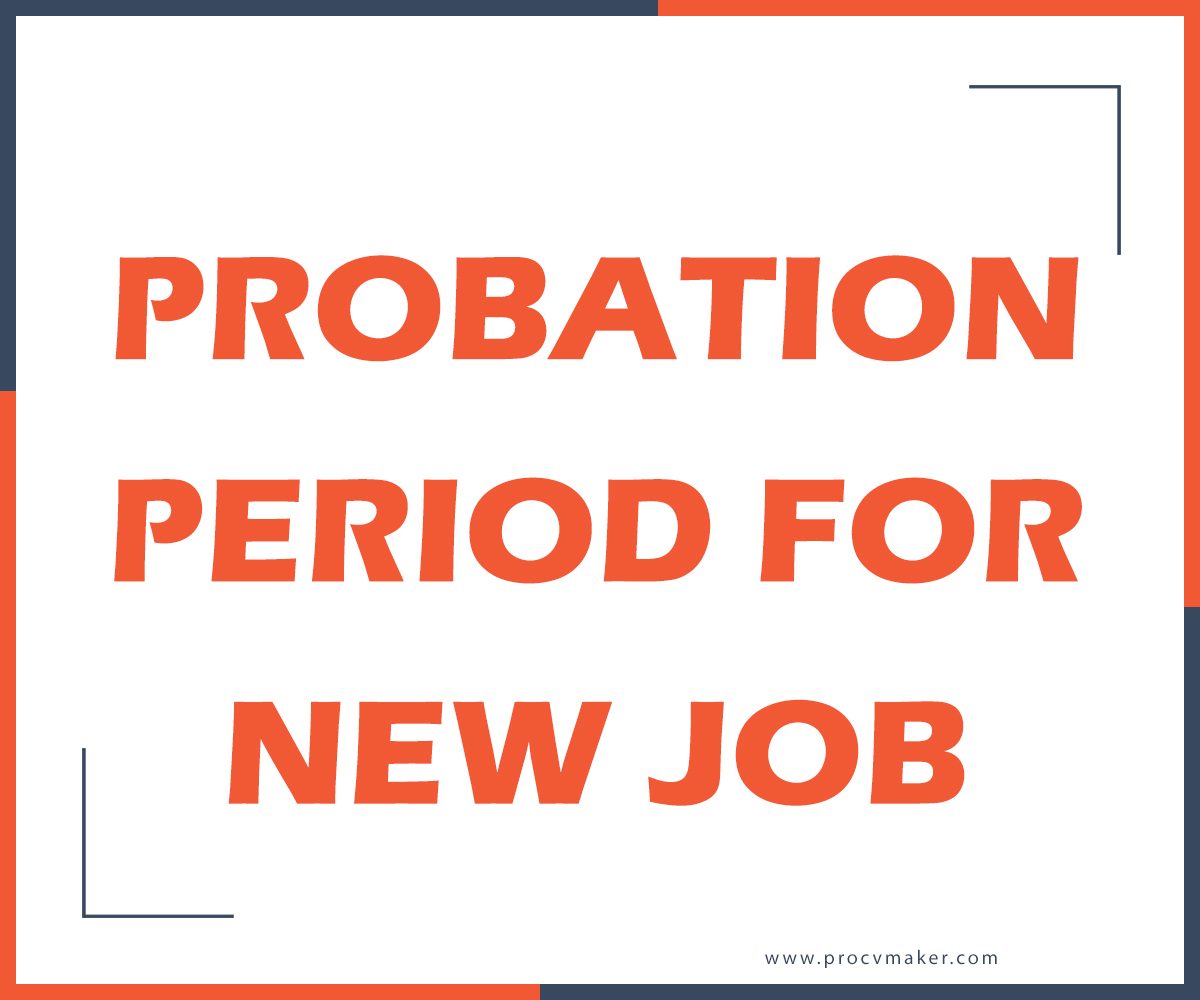The probation period is the time when the manager observes organization’s new employee for a given period. This probation period can last from 3 to 6 months. Employee should be involved, enthusiastic, and undertake his role correctly throughout this time.
Technical, conceptual, communicational and interpersonal skills are the most critical skills applied to that one should possess during the trial phase. Good skills are the capabilities that enable the individual to remain focused on different tasks. This ability allows the individual to produce the desired outcome efficiently and effectively.
PURPOSE OF PROBATION PERIOD
One of the main motives of keeping an individual under probation period is to determine an employee’s performance based on his attitude towards his work.
The employee should have a clear vision of the task to be performed and also should be fully supported by the manager.
Each point should be briefly explained to him about his job. Management support and motivation is an effective tool that encourages employees to work better.
During this probation period, the manager could recognize the abilities of the employee and could also assess to know whether or not the individual hired by the organization is capable of carrying out an upcoming task.
PROS OF PROBATION PERIOD
The most important probation pro is that this period will help managers and staff to understand each other. And this is the main aspect of successful understanding. As the manager can test newly hired abilities he will fit in the job or not. On the other hand, the individual may know if he or she is satisfied with the job or not.
CONS OF PROBATION PERIOD
The probation can affect the self-confidence of the new employee. As he might think that he is not capable of the job or valued by others in the organization resulting in low performance. However, it may affect the company image negatively as the company is not sure of its hiring process by conducting a probation period.



